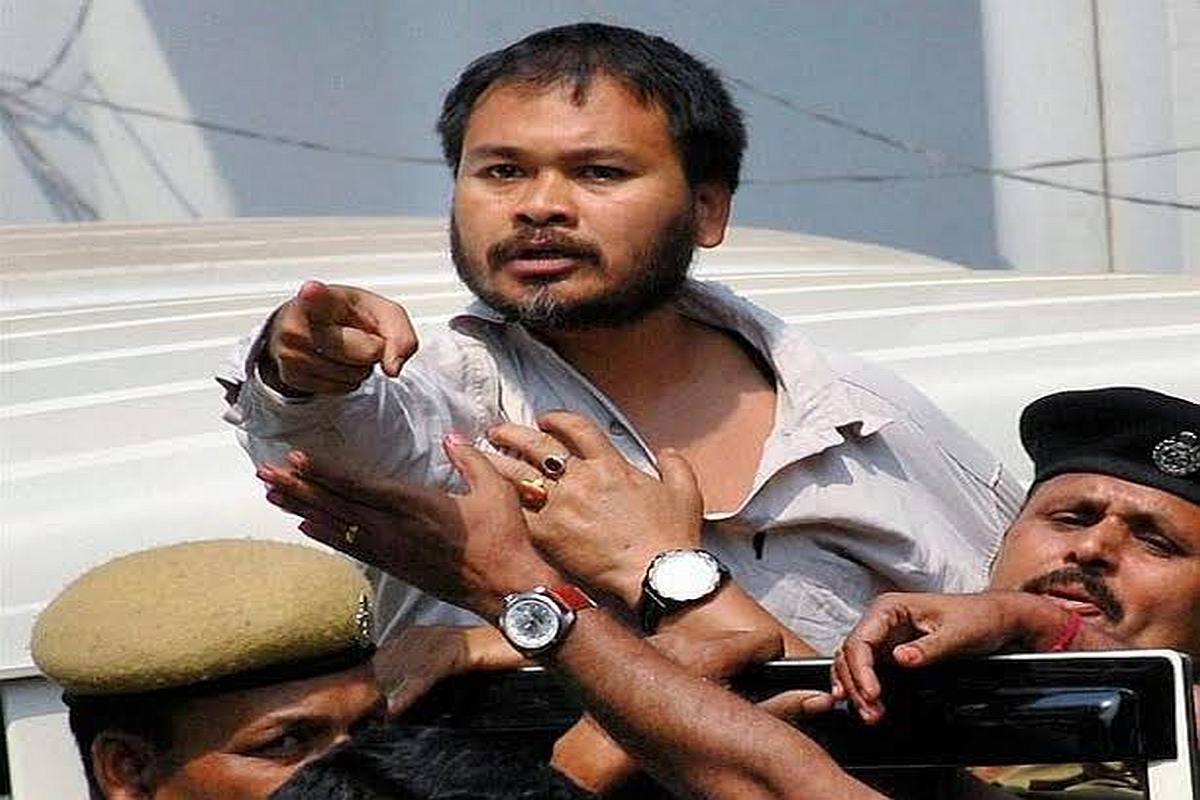The country has been witnessing protests against the Citizenship Amendment Act, 2019, which aims to grant citizenship to migrants belonging to six minority religions — Hinduism, Buddhism, Jainism, Sikhism, Christianity and Zoroastrianism — of Pakistan, Bangladesh and Afghanistan who came to India on or before 31 December 2014. The agitations, which a section of Indian liberals describe as a battle for “secular India”, are organised due to the non-inclusion of Muslims in the act.
It’s a different thing that the act doesn’t take away any rights of Indian Muslims and also doesn’t alter the naturalisation policy of granting citizenships to all irrespective of religion. The protests against the CAA actually began in Assam and other North-eastern states like Tripura before spreading to other parts of the country. Initially, all these protests got national attention but that has changed insofar as the Northeast is concerned.
Advertisement
Nevertheless, the protests across Assam are continuing peacefully where traditional Assamese musical items dhol, khol, doba, shankha etc are also finding a place to register the anger of Assamese musically against the act. Assamese have their own reasons, which can’t be just brushed aside. The state has been witnessing migration of Bengalis since the British era. First, the Bengali migrants, mostly Muslims, were brought to the state by the British for cheap labour.
Later, after India’s independence and partition, Bengali Hindus of the then East Pakistan facing persecution migrated to the state — not at once but in different time periods. After the liberation of East Pakistan from Pakistan and the birth of a secular Bangladesh, it was expected that persecution of religious minorities would come to an end. However, it didn’t happen. With the murder of Sheikh Mujibur Rahman, founder of secular Bangladesh, the situation started to turn hostile for religious minorities, particularly Hindus.
If that was not enough, the insertion of the word “Islamic” in the constitution of Bangladesh during the regime of dictator General Ershad only worsened conditions of Hindus. This only increased the influxion of the minority Hindus to India — including the state of Assam. However, the fact can’t be denied that the condition of minority Hindus has improved in Bangladesh during the ongoing regime of prime minister Sheikh Hasina, daughter of Mujibar Rehman.
Also, compared to the 1980s or 90s, data says that the influx from Bangladesh to India has also reduced. On the other hand, 2011 census reveals that only 48 per cent of Assam’s population speaks Assamese while Bengali speakers increased to around 29 per cent. This means that now not even 50 per cent speak Assamese in Assam — fuelling more fears among the Assamese community. Apart from this, lack of political will in assuaging Assamese concerns is also responsible for the current identity crisis that the majority community is facing.
There have been allegtions of encouraging Muslim migrants to settle in Assam as their vote banks by the Congress party when in power. That was also the reason for the Assam Accord of 1985, signed between the government of India under prime minister Rajiv Gandhi and Assamese organisations, where National Register of Citizens (NRC) was promised to the people of Assam. But, after the signing of the Accord, NRC was pushed to the backburner by the subsequent Congress and Assam Gana Parishad (AGP) governments. Interestingly, leaders of AGP were part of the Accord and the regional party itself was born out of the Assam movement.
The argument of the Assamese is that already through the Assam Accord, they have accepted the persecuted Bengali Hindus settling in the state till 24 March 1971 — also the cut-off date of Assam’s NRC. BJP’s strongman in the northeast, Assam’s finance minister Himanta Biswa Sarma, also the convenor of the North East Democratic Alliance (NEDA), clarifies that there is nothing to fear because only 5 lakh Hindu Bengali immigrants, already living in Assam, would gain citizenship due to CAA — although the official religious figures of those left out of Assam’s NRC aren’t in the public domain.
However, the irony is that a section of Indian liberals opposing CAA are not on the same page as the Assamese. These liberals view these agitations as against the “idea of Indian secularism”. In fact, unlike the protests of these liberals, the Assamese agitations are based on fears of being reduced to a minority in their own land and the ground realities too support their fear. That’s why they are demanding exemption of Assam from CAA — and are opposed to both Bengali Hindu and Muslim Bangladeshi immigrants settling in the state after 24 March 1971.
In fact, the protests of Assam are actually secular in nature. One must not forget that secularism is not only about securing the rights of minority communities but at the same time it is about ensuring the concerns of the majority community. But the unfortunate tale is that this section of Indian liberals continue to ignore these secular protests of Assam in the name of “secularism”.
(The writer is a Tripura-based journalist)











